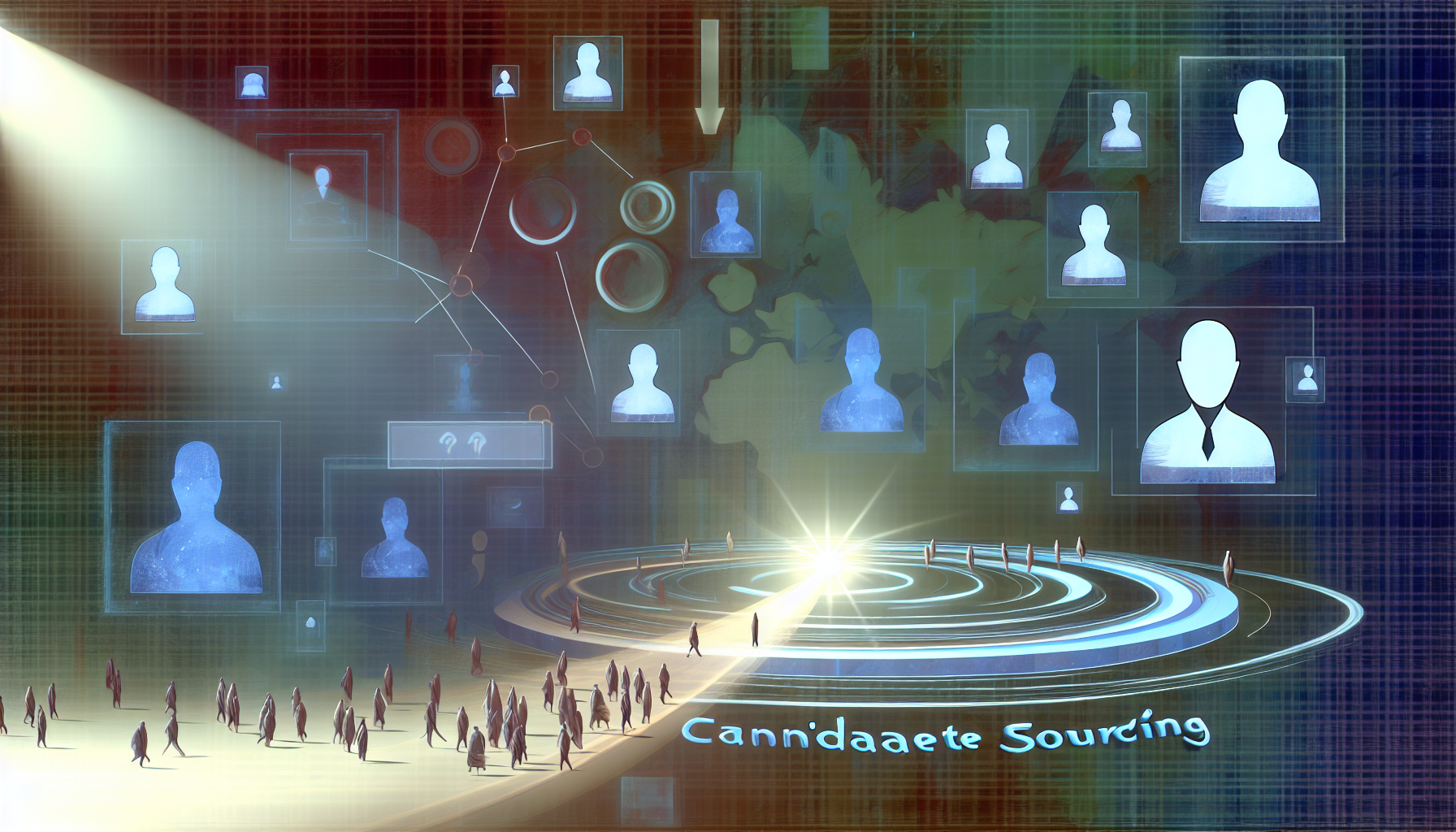VamosWatu blog explores IT outstaffing, team growth, and tech trends. Practical insights to help companies scale efficiently and stay competitive.
Artificial intelligence (AI) is reshaping how organizations find and recruit talent. AI-driven candidate sourcing uses machine learning and data analysis to process large numbers of applications quickly and with better accuracy for ai candidate sourcing. This lets HR teams focus on engaging top candidates instead of spending excessive time screening. The result is a streamlined recruitment workflow, improved candidate experience, and faster achievement of hiring goals.
AI sourcing tools analyze résumés, applications, and digital profiles to identify candidates who best fit job requirements. These systems learn from past hiring data and current needs to improve their accuracy over time. With continuous operation, AI can instantly evaluate new applicants and organize candidate lists for quicker review.
Unlike basic keyword searches, AI understands semantic relationships. It recognizes skills, achievements, and experiences linked to successful hires in a more complete way. By focusing strictly on job-relevant criteria, AI also helps reduce unconscious bias related to gender, age, or other irrelevant factors, contributing to AI reducing hiring bias.
Common AI uses in sourcing include résumé parsing, candidate-to-job matching algorithms, automated candidate outreach, and talent pool analysis.
AI in applicant tracking systems (ATS) extracts structured details from unformatted résumés, implementing automated resume scanning. It captures contact info, education, work history, skills, and certifications. This lets recruiters filter and search applicants automatically, saving time and reducing errors.
More advanced AI allows natural language search queries instead of complex Boolean logic. This speeds up finding promising candidates with more intuitive search methods.
Matching algorithms rate applicants on how well they fit job openings. They assess multiple factors beyond keywords, such as transferable skills and qualifications related semantically to the role.
Organizations can adjust AI weightings for priorities like availability, location, salary, or specific skills to match job context. For example, a retail store hiring part-time cashiers may prioritize shift availability and commute distance in scoring with candidate matching.
AI automates routine candidate communication throughout recruitment. This covers application status updates, interview scheduling, reminders, and notifications. Candidate relationship management (CRM) systems add personalized outreach campaigns to engage passive talent who might not have applied yet, supporting AI personalized communication.
AI tools can also generate email sequences or social media content targeting specific groups based on behavior signals like prior site visits. This nurtures pipelines efficiently, reducing manual follow-up workload.
AI segments candidate pools by role, skills, location, or education. By analyzing prior applicants, it identifies suitable candidates for new openings without requiring fresh applications. This shortens hiring time for tough-to-fill roles by using existing data well.
AI-driven analytics also automate sending targeted messages to keep candidates engaged and pipelines fresh, ensuring a steady supply of prospects with talent pool analysis.
AI sourcing offers measurable advantages in recruitment:
Implementing AI sourcing requires planning and alignment with current systems and goals.
Start by specifying which AI features match your needs. Research vendors looking at:
Choose vendors offering transparent AI to ensure fairness and legal compliance.
Confirm AI tools integrate well with applicant tracking systems, CRMs, and human capital management software. Proper integration maximizes historical data use and reveals workforce skill gaps, reinforcing integration with ATS and CRM tools.
Set measurable goals aligned with your recruitment objectives, such as:
These KPIs enable tracking AI impact and return on investment, illustrating KPIs for AI sourcing.
Begin with a pilot in a controlled environment. Train recruiters on responsible AI use, emphasizing it as a support tool requiring human judgment for ethical hiring.
Collect user feedback to refine AI models and expand usage incrementally based on results.
AI candidate sourcing uses artificial intelligence to automate the screening and identification of qualified candidates, streamlining recruitment and improving accuracy.
AI focuses on objective skills and experience, helping to lower unintentional bias by ignoring irrelevant factors like gender or age.
Yes, AI tools commonly integrate with applicant tracking systems (ATS), CRMs, and human capital management software to enhance data use and candidate management.
Automated outreach enables targeted, timely communication with candidates, improving engagement and reducing manual workload for recruiters.
Important KPIs include hiring cycle time, recruiting budget adherence, candidate satisfaction, and new hire performance to measure AI effectiveness.
Rising application volumes and fierce talent competition mean manual screening is no longer viable. Thoughtfully integrated AI candidate sourcing helps organizations hire more efficiently and effectively at scale (ai candidate sourcing).
By automating routine tasks and highlighting top talent, AI frees recruiters to focus on building relationships and making strategic decisions.
Responsible use of transparent AI improves hiring speed, fairness, and quality while enhancing experiences for candidates and recruiters alike. A clear plan with defined goals, proper training, and system alignment is essential to unlock AI sourcing benefits.
If you're ready to explore how AI can transform your hiring, consider building lean in-house tech teams faster, cheaper, and better.




